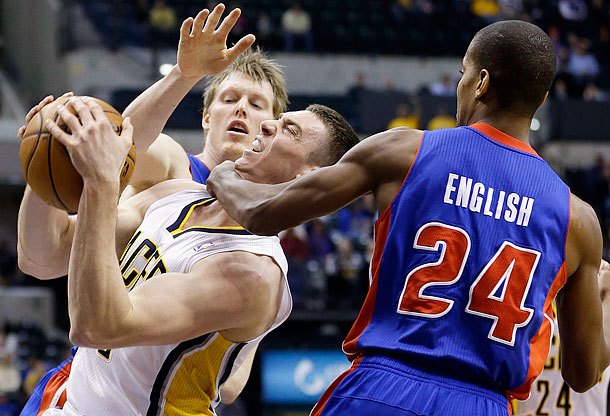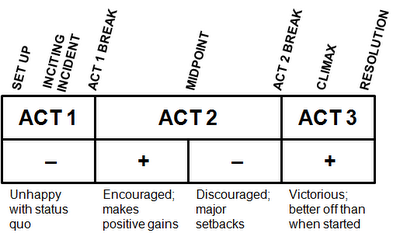How have the Raptors not made use of the amnesty provision yet? When you think about a CBA clause that allows a team a one-time shot at getting out from under a bad NBA contract, you think of general managers like Bryan Colangelo that necessitate such a provision in the first place.
Yet here we are, in our third offseason since the reintroduction of the amnesty provision, and not only have the Raptors not made use of it, they may not make use of it before they run out of amnesty eligible players.
As it stands today, the Raptors have only two players eligible for amnesty: Amir Johnson and Linas Kleiza. Considering Johnson has become something of a cult hero in Toronto, it feels pretty safe to say that he will not be cut loose to save money before his contract is up in 2015. Which leaves Kleiza, the last possible amnesty candidate that as recently as a month ago looked like a lock to be sent packing. However, the earth has shifted under Kleiza’s feet since Masai Ujiri took over the club, and while he’s no more a part of the team’s future than he was last year, it may not make much sense severing ties with him using amnesty as a tool.
The first thing to remember when discussing the amnesty provision is that a club must still pay the player that they are releasing, even if their salary is cleared off of the cap and removed from any luxury tax obligations. While it is easy for fans and commentators to shrug off that little detail, handing out millions of dollars to someone to have them not do what you are paying them for can be a hard sell to management to ownership.
One also needs to remember that Kleiza is an expiring contract. That means that a) after this coming season he is wiped off of the books anyway and b) he could be a valuable piece at the trade deadline. Now, last winter proved that expiring contracts don’t get you as much as they used to on the open market. The 2013 free agent class, however, pales tremendously to the 2014 free agency class, and it would be smart to wager than an expiring deal will carry more value this winter than it would have last winter. There is a line of thinking that suggests that Ujiri should hang on to guys like Kleiza (as well as Aaron Gray, Kyle Lowry, Quentin Richardson and the partially guaranteed deal of Marcus Camby) because they could be the difference between the Raptors being able to make a meaningful move later on in the season and them not being able to make such a move because they don’t have the cap ballasts necessary to make it legal. Ujiri is all about flexibility and options, and having some easy-to-move deals in one’s back pocket is a useful position to be in, and again, they come off of the books either way at the end of the year.
When Ujiri met with the media yesterday to discuss his trade of Andrea Bargnani the topic of the amnesty was broached and Ujiri was characteristically elusive in his discussions. He said they “haven’t made a decision yet” as to whether or not they would use the amnesty provision this year, and that the “smart way to do it will be to wait” until the deadline (July 16) to make that call.
That’s because funny things happen once the free agent market settles down and teams start to assess their positions. Some teams that had high hopes for their cap space are left sitting with money to spend and no one to spend it on. Or, after spending their money, some teams are sitting with redundancies on their rosters that they’d like to get out from under before the season starts. The only pressing concern right now for the Raptors is to get under the luxury tax threshold that they are $2.4 million over (or will be once Tyler Hansbrough and Julyan Stone are added to the ledger). Amnestying Kleiza’s $4.6 million salary would accomplish that, but so might a favourable buyout of Camby’s $4.4 million salary, or a cap-friendly trade of Camby, Richardson or Gray. There is more than one way to skin a cat, and right now Ujiri is surveying his options before settling on a tool.
The trick is finding the best method that achieves the team’s near-term goals of getting out of the tax territory while also protecting the team’s long-term flexibility. Yes, the Raptors could just amnesty Kleiza (or buyout Camby and/or Richardson) but then the club might wish they had those deals down the road if an appetizing trade scenario comes along. You might ask why any team would want any of those players, but may I remind you that Camby and Richardson were just included in a trade for cap purposes, and the team that received them is looked upon as the “winner’ of the transaction. No one may see how they could benefit the team today, but those deals can play a huge part in the team’s flexibility (or lack thereof) in the weeks and months to come.
One way or another we’ll know by next Tuesday whether the Raptors have chosen to amnesty Kleiza. While fans may yearn for the cathartic release of another of Colangelo’s foibles, Ujiri may ultimately decide he has more value as an expiring deal than he does as a player they are paying to play in another market. Either way he won’t be on the team as of this time next year, right now it’s just deciding how profitable the club can make his imminent departure.



